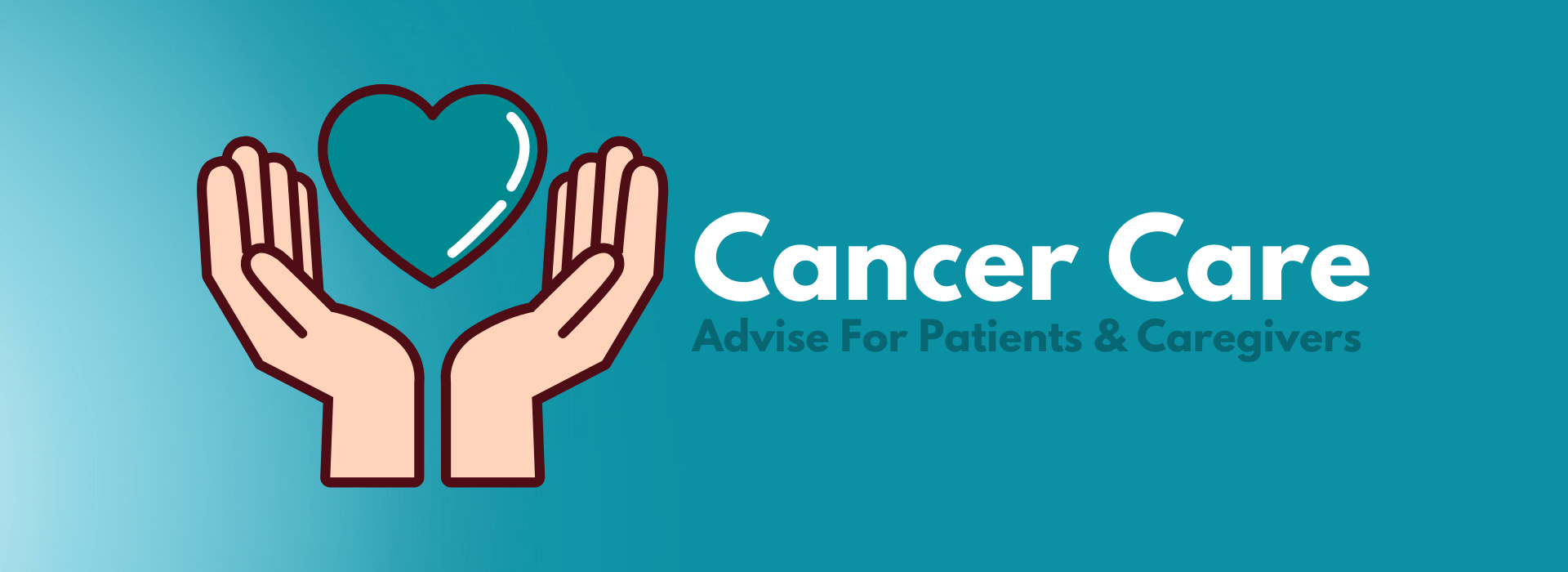
19 Jul Cancer Care – Advice for patients and caregivers
Caring for a cancer patient is an important job that plays a fundamental role in that patient’s recovery. Being a patient or a caregiver comes with its own set of challenges. It’s a role for which most people feel unprepared. It takes time and understanding to adjust to the changes. Here is some advice for cancer patients & caregivers.
What the patient can do:
View this post on Instagram
- Check your temperature by mouth (or under your armpit if you can’t keep a thermometer in your mouth).
- Keep a working thermometer within easy reach and make sure you and your caregivers know how to use it.
- Talk to your cancer care team about what to do if you have a fever. Ask if you should take medications like acetaminophen (Tylenol) for a fever.
- Keep the cancer care team’s contact information with you at all times. Make sure you know when to call, and what number to call during and after regular office hours.
- If you have to go to the emergency room or urgent care, let the team taking care of you know that you are a cancer patient who recently received cancer treatment.
- Take antibiotics or other medicine as prescribed.
- Drink fluids, but don’t force more than you can tolerate.
- Avoid anything that can cause cuts, scrapes, or other breaks in the skin.
- Wash your hands after using the bathroom or visiting public places. Use hand sanitizer when you don’t have soap and water.
- Avoid persons with coughs, fever or flu like symptoms. All patients must follow social distancing that is 6 feet gap between every new person in the house.
- If you eat raw foods, wash them carefully and peel them to avoid germs.
- Brush your teeth twice a day. Ask your doctor or nurse if it is safe for you to floss.
What caregivers can do:
- Keep a working thermometer within easy reach and make sure the patient and his or her caregivers know how to use it.
Watch for shaking chills, and check the patient’s temperature after the shaking stops. - Check the patient’s temperature using a thermometer in the patient’s mouth or under the armpit. (Do not take a rectal temperature.)
- Caregivers should ensure cancer patients are kept away from people with cough, fever or the flu like symptoms.
- Offer extra fluids.
- Help the patient take medicines on schedule.
- Keep the cancer care team’s contact information with you at all times. Make sure you know when to call, and what number to call during and after regular office hours.
- If you have to take the patient to the emergency room or urgent care, let the team taking care of the patient know that he or she is a cancer patient who recently received cancer treatment.
- Call the health care team if the patient
– Has a fever
– Has shaking chills
– Feels or seems “different”
– Cannot take in fluids


